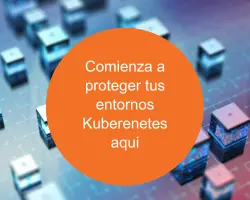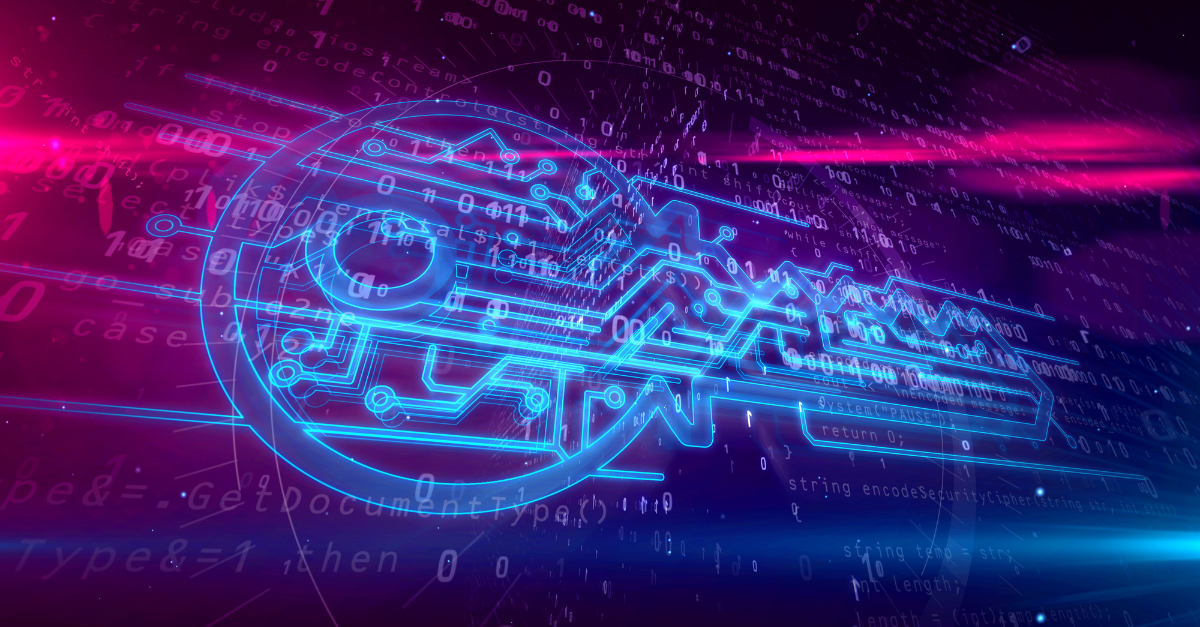En el panorama tecnológico actual, en rápida evolución, el concepto de computación post-cuántica (PQC) ha surgido como un punto focal de interés y preocupación, en particular para aquellos que confían en los certificados digitales para asegurar sus interacciones en línea. Este blog profundiza en las implicaciones de la PQC para tu Autoridad Certificadora (CA) y por qué, a pesar de las emocionantes perspectivas de los avances cuánticos, tus certificados siguen siendo salvaguardas fiables de tus activos digitales.

Understanding the Quantum Challenge
Before delving into the specifics of PQC, let's briefly revisit the basics of quantum computing. Unlike classical computers that use bits to process information as 0s and 1s, quantum computers operate using qubits. These qubits can exist in multiple states simultaneously, enabling quantum computers to perform complex calculations much faster than classical computers for certain problems.
However, this power comes with a caveat: quantum computers have the potential to break current cryptographic algorithms, which are the bedrock of secure online communication. Algorithms such as RSA (Rivest-Shamir-Adleman) and ECC (Elliptic Curve Cryptography), upon which much of our digital security relies, could be vulnerable to attacks from large-scale quantum computers due to their ability to solve complex mathematical problems much faster.

Introducing Post-Quantum Computing
Post-quantum computing, in response to the quantum threat, aims to develop cryptographic algorithms that are resistant to attacks from quantum computers. This field of research seeks to create new methods that can withstand the computational power of quantum systems, ensuring that our digital communication remains secure even in the quantum era.
The development of these new algorithms draws from various mathematical disciplines, such as lattice theory, coding theory, multivariate polynomials, and more. Researchers are exploring mathematical problems that quantum computers would not be significantly faster at solving, therefore providing a foundation for a new era of secure communication.
According to the National Institute of Standards and Technology (NIST):
The goal of post-quantum cryptography is to develop cryptographic systems that are secure against both quantum and classical computers and can interoperate with existing communications protocols and networks.
The Current Landscape
It's important to note that practical quantum computers that can break existing cryptographic systems are not yet a reality. The journey toward building stable and powerful quantum computers is ongoing, with numerous technical challenges to overcome. Quantum systems are prone to errors, and maintaining the delicate quantum state required for computation is a complex task.
According to Gartner‘s predictions there will be three phases of activity over the next 10 years as quantum computing advances.

It's important to note that practical quantum computers that can break existing cryptographic systems are not yet a reality. While the quantum revolution holds immense potential, it's still a horizon that's yet to fully materialize. This means that the existing cryptographic algorithms, such as RSA and ECC, remain robust and reliable against current classical computing attacks.
The Role of Your Certificate Authority
As a customer of a CA, you might be wondering about the security of your digital certificates in the face of quantum advancements. Rest assured, CAs play a pivotal role in navigating the complexities of post-quantum cryptography.
CAs are proactive in staying ahead of cryptographic advancements. They closely monitor the progress of PQC, ensuring that your certificates remain secure as the landscape evolves. These trusted entities understand the potential impact of quantum computers and are committed to guiding you through the transition to post-quantum secure algorithms when they become standardized.
Looking to the Future
While the quantum horizon is promising, it's important to remember that the transition to practical quantum computers and the adoption of post-quantum cryptographic methods will be gradual and well-planned and some years off still. The collaborative efforts of researchers, industry experts, standards organizations, and CAs ensure that the transition is smooth, secure, and resilient.
In conclusion, while the advent of quantum computing introduces new challenges, the reliability of your digital certificates remains intact. The ongoing research in post-quantum cryptography, the dedication of CAs, and the collective commitment to securing our digital future all contribute to a landscape where your digital assets are safeguarded. As quantum possibilities continue to unfold, your CA stands as your trusted partner in ensuring a secure and seamless transition into the quantum era.







